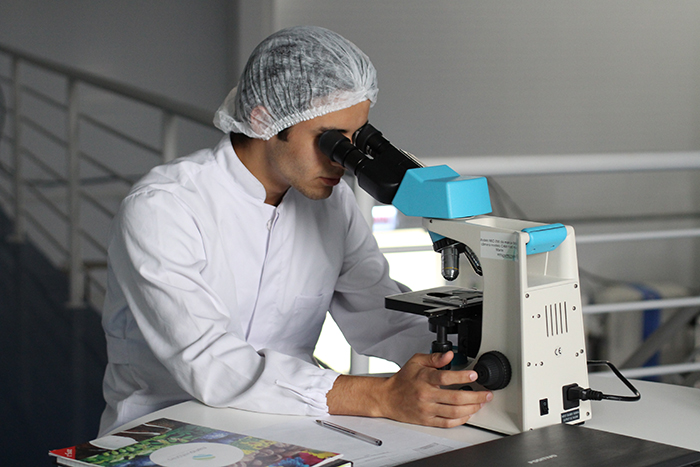A Durban woman has tested positive for COVID-19 twice in three months. The National Institute of Communicable Diseases (NICD) is monitoring the patient carefully, as this may be the first such case of its kind in South Africa.
Speaking to News24, Dr Yuvan Maharaj reported that the patient had received her first positive result on March 9. She received a negative result two weeks later, and had another positive result on July 14.
“The patient had called me in March suspecting she had picked up the virus as she had returned from a north African country and had started to exhibit flu-like symptoms,” the doctor said. “I advised her to have a test done. Two days later, her results came back and she was positive. Fortunately, she was able to self-isolate and I put her on supplements to boost her immunity and treat her symptomatically. After 14 days, she was well and I asked her to go for another test, which came back negative.”
According to Maharaj, the patient returned to worked and called him again on July 10 to say that some of her coworkers had now tested positive for COVID-19 and she was displaying symptoms once again.
“So I advised her to test again and on 14 July, I got her positive results. This is probably one of the first cases of re-infections in the country. I did not even imagine that we could have this scenario in South Africa and it worried me a bit so I contacted the NICD who are now also involved in monitoring this case,” said Maharaj.
The doctor heard of cases of reinfection occurring in Wuhan, China – the city where COVID-19 is believed to have originated – but was surprised that it had happened “so quickly” in South Africa. He advised the public to beware that reinfection is possible, and to remain calm.
“We need to have an understanding of this from a medical perspective. Basically COVID-19 is like every other germ out there. It has a protein on its surface called an antigen. When you are exposed to it, your body develops an antibody to fight antigens and develops a memory for it,” he said. “So, in future if you get exposed to the antigen again, your immune system activates and produces antibodies to fight that particular antigen and the virus is destroyed before it goes any further. Those re-infected in China are mostly asymptomatic but they are carriers and transmitting to others. It is unchartered territory and we don’t know what is going to happen here.”
According to Professor Lynn Morris, who is the interim Executive Director of the NICD, there is not yet enough information on reinfection in South Africa.
“Immunity relies on the ability of the human body to develop specific antiviral responses‚ including neutralising antibodies. Such antibodies generally develop following viral infection [and vaccination] and provide protection from reinfection,” said Morris.
As the virus is relatively new, there has not been enough time to study it fully.
“This is important to understand because COVID-19 is likely to become endemic and occur annually‚ like seasonal influenza,” she added.
Picture: Pixabay

